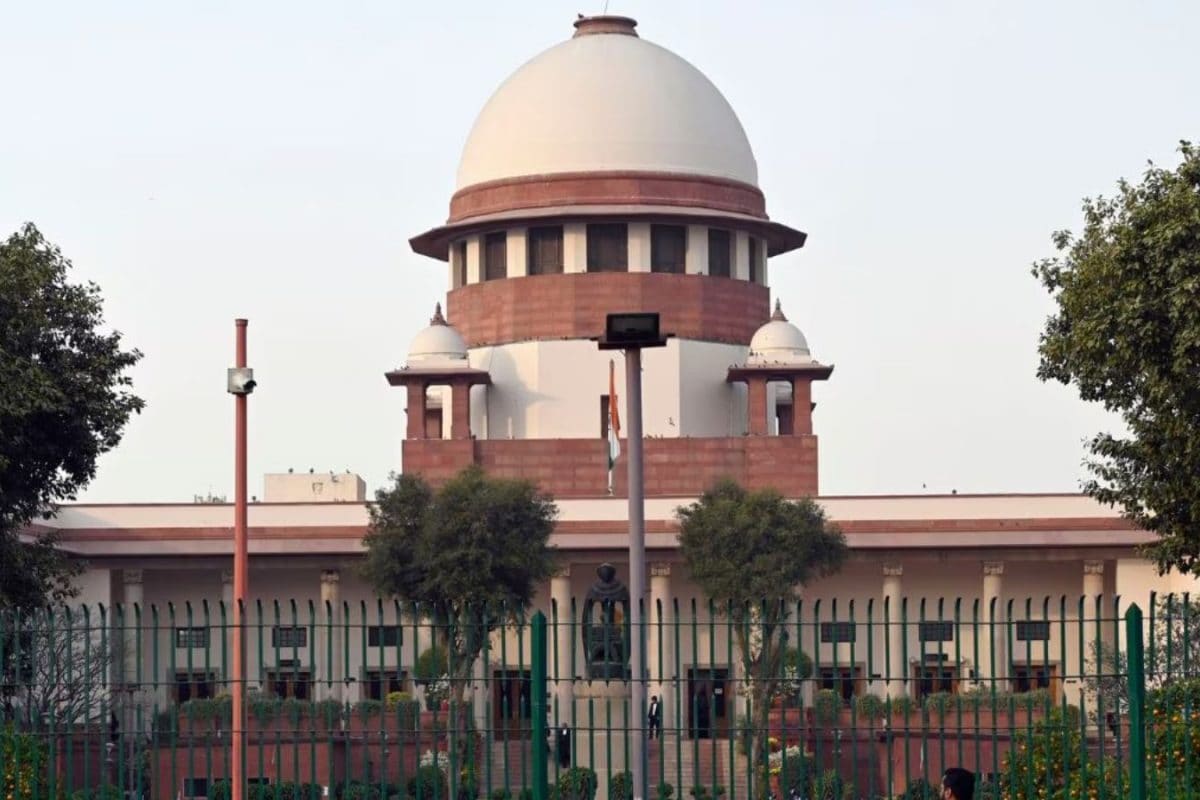

The Supreme Court of India has issued a set of 15 nationwide guidelines aimed at curbing the alarming rise in student suicides across the country. The court's intervention comes in response to the increasing number of such cases, which it has described as "deeply distressing" and indicative of a "systemic failure" to provide adequate support to students in educational institutions.
The guidelines, issued on Friday, July 25, 2025, are to be treated as law by all states until appropriate legislation or regulatory frameworks are enacted. The Court's decision was spurred by an appeal against an Andhra Pradesh High Court order, which had refused to transfer the investigation into the suspicious death of a 17-year-old NEET aspirant to the CBI. The Supreme Court has now ordered a CBI probe into the case.
Key Directives
The Supreme Court's guidelines cover a wide range of measures designed to improve the mental health and well-being of students:
The Underlying Crisis
The Supreme Court's guidelines are a response to a deeply concerning trend of rising student suicides in India. National Crime Records Bureau (NCRB) data indicates that 13,044 students died by suicide in 2022, accounting for 7.6% of all suicides in the country. While this represents a slight decrease from 8.0% in 2021 and 8.2% in 2020, the overall numbers remain alarmingly high. In 2001, student suicides accounted for 8 out of every 100 suicides.
Several factors contribute to this crisis, including academic stress, parental and societal pressure, and a lack of adequate mental health support. The intense competition in the education system, particularly in coaching centers for competitive exams, places immense psychological burden on students.
Need for Comprehensive Action
The Supreme Court's intervention highlights the urgent need for a multi-faceted approach to address student suicides. In addition to the court's guidelines, experts emphasize the importance of mental health education, training for teachers, and the creation of safe spaces for students to express their concerns. Addressing socioeconomic inequalities, reforming the public healthcare system to include comprehensive mental health services, and promoting open discussions about mental health are also crucial steps.
The Supreme Court has acknowledged the "larger systemic malaise threatening youth" and has emphasized that many students find themselves isolated and without adequate emotional or institutional support. By issuing these guidelines, the court aims to create a more supportive and nurturing environment for students across India, preventing further loss of life and ensuring accountability within educational institutions.